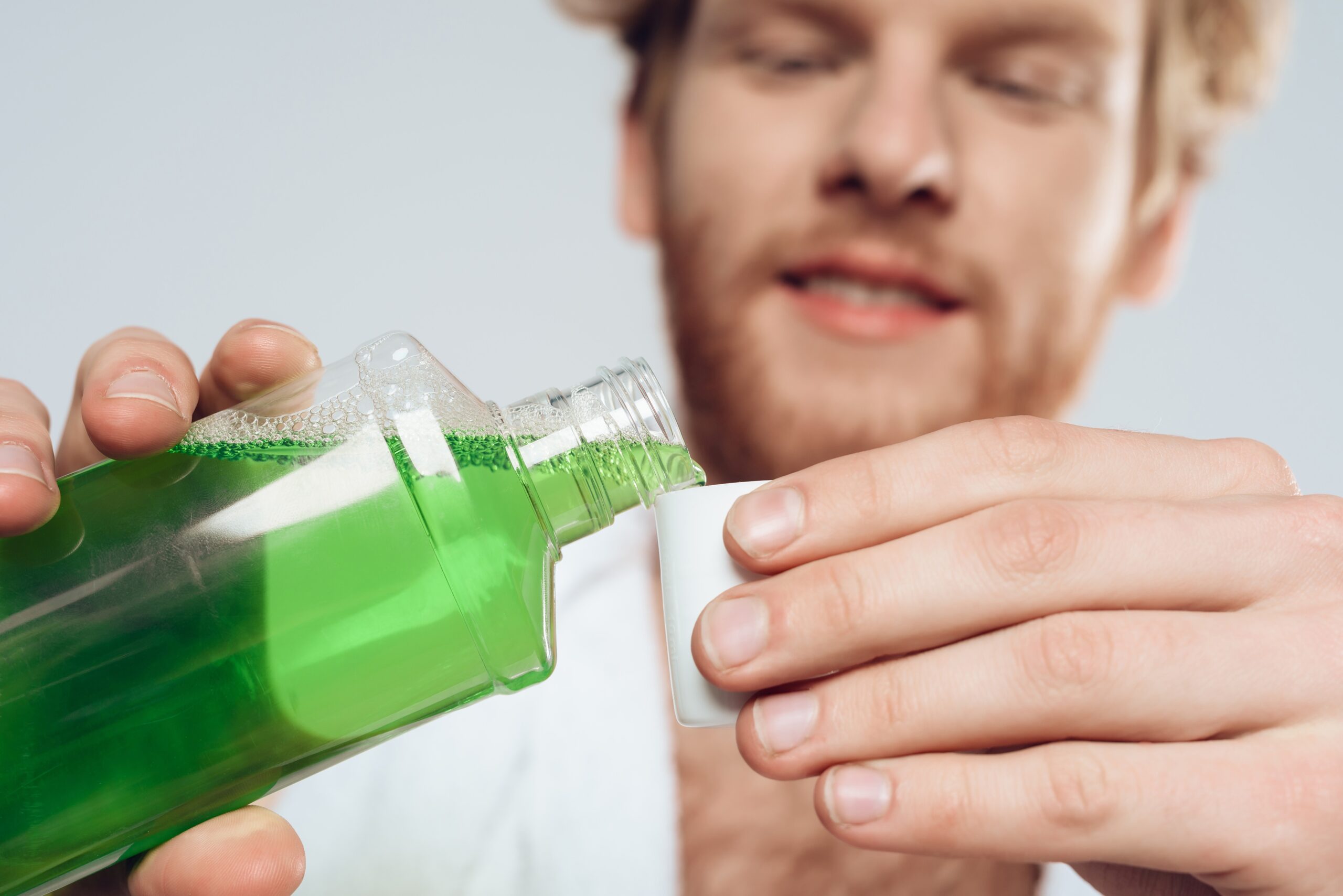Waking up with bad breath is something nearly everyone has experienced at some point. It’s a natural part of how our bodies function overnight, but that doesn’t mean you have to live with Morning breath will make people uncomfortable around you if you share your space with others. The good news is that with a few simple habits and lifestyle changes, you can greatly reduce or even prevent bad breath in the morning.
Let’s explore what causes morning breath and what you can do to keep your mouth fresh from night to morning.
What Causes Morning Breath?
To effectively prevent morning breath, it’s important to understand why it happens. During the night, your body goes into rest mode, which includes a significant drop in saliva production. Saliva removes the food that is stuck into your mouth and its function can not be ignored as they help to fight bacterial infections. When saliva flow decreases, bacteria in your mouth multiply. These bacteria break down food particles and dead cells, producing compounds of sulphur.
Common contributors to morning breath include:
Sleep while keeping you mouth open will create dryness. Poor oral hygiene Eating pungent foods before bed. Smoking or alcohol use Certain medications or health conditions (e.g., acid reflux, sinus infections, diabetes) Now that you know why morning breath occurs, let’s look at how you can prevent it.
1. Brush and Floss Before Bed
This is the most important step in preventing bad breath—clean your mouth thoroughly before going to sleep. Plaque removal is the main purpose of doing brush in the morning because the germs feed on them. But brushing alone isn’t enough. You have to do flossing is to remove unwanted substances.
Make sure to: Brush for at least two minutes Use a fluoride toothpaste Floss between all your teeth Take the help of fluoride mouthwash and rinse it well. Doing this before bed minimizes bacteria growth overnight and sets the stage for fresher breath in the morning.
2. Don’t Forget Your Tongue
Many people clean their teeth but forget that the tongue can harbor just as much bacteria—especially toward the back. Clean your tongue because it is equally important in oral health. This helps reduce the bacterial load in your mouth and significantly improves breath freshness.
3.Stay Hydrated

Dry mouth is one of the biggest contributors to morning breath. Drinking enough water throughout the day—and especially before bed—helps maintain saliva flow, which keeps bacteria in check. Try to drink a glass of water before sleeping. If you tend to breathe through your mouth or snore, you’re more likely to wake up with a dry mouth, so staying hydrated is even more important.
You can also keep a glass of water by your bed and sip it if you wake up during the night
4.Avoid Certain Foods Before Bed
Some foods are more likely to cause bad breath than others, especially when consumed before sleep. Garlic, onions, spicy foods, and dairy products can linger in your mouth or digestive system and cause unpleasant odors hours later.
Try to avoid eating these types of foods too close to bedtime. Instead, choose better food options like:
Apples
Celery
Unsweetened yogurt (with probiotics)
Herbal tea
5. Limit Alcohol and Tobacco Use
Both alcohol and smoking dry out your mouth and increase the risk of morning breath. Alcohol reduces saliva flow and can also leave a distinct odor that lingers. Smoking not only dries your mouth but also leaves behind chemicals that stick to your gums and teeth, encouraging bacterial growth.
If you’re serious about preventing morning breath, reducing or eliminating these habits will make a noticeable difference
6. Use an Antibacterial Mouthwash

An effective way to combat bad breath is to use a mouthwash that specifically targets the bacteria responsible for it. Look for mouthwashes with antibacterial ingredients like chlorhexidine, cetylpyridinium chloride, or essential oils. Swish it around for at least 30 seconds after brushing and flossing at night. Not only does this kill bacteria, but it also leaves your mouth feeling fresh and clean
7. Chew Sugar-Free Gum During the Day
Chewing sugar-free gum during the day—especially after meals—can stimulate saliva production and help keep your mouth clean. Saliva is your body’s natural defense against bacteria, and chewing gum is an easy way to boost it.
Choose gums with xylitol, a natural sweetener that may reduce bacteria levels in the mouth
8. Keep Dental Checkups Regular
Gum disease and cavities are soemtimes reasons for bad breathe that you may not notice. or oral infections. If you’ve tried everything and still wake up with very strong bad breath, it may be time to visit your dentist.
Regular cleanings and exams help keep your mouth in good shape and allow your dentist to spot and treat any issues before they become serious.
9. Treat Any Underlying Health Issues
In some cases, chronic bad breath—especially if it persists even after oral hygiene efforts—could be linked to an internal health issue. Conditions such as acid reflux, sinus infections, diabetes, or even tonsil stones can all contribute to halitosis.
If you suspect something more than just morning breath, talk to your doctor or a specialist for further investigation.
Final Thoughts
Preventing bad breath in the morning is mostly about consistent oral hygiene and healthy daily habits. While it’s normal to have a bit of morning breath, it doesn’t have to be overpowering or unpleasant. By brushing, flossing, staying hydrated, and avoiding certain triggers, you can wake up feeling confident and fresh.
So tonight, take a few extra minutes with your nighttime routine—your mouth (and anyone close to you) will thank you in the morning.




